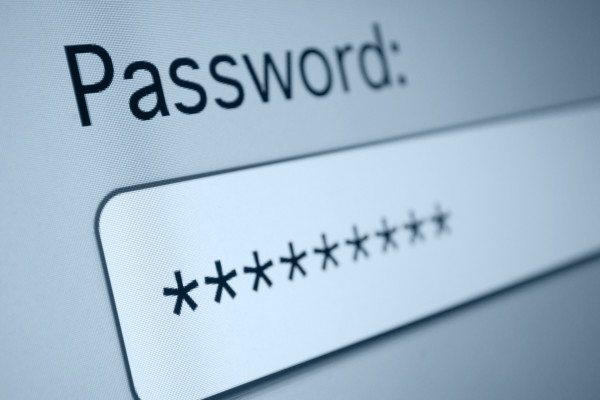The force may be strong with you on the fourth, but can you say the same about your passwords?
The 4th of May is not only Star Wars day but it is the World Password Day as well. Rest assured, the constant bombardment of May the 4th puns in regards to your passwords may have already given this away.
That being said, even though everyone knows how important it is to create good passwords, not a lot of people take it into account while using their profiles online. But that is not all, many of them fail to implement good password practices as well.
For this reason entirely, and to remind users of excellent password practices, here are some tips that should be taken into account to bolster online security, that is unless you much prefer getting hacked or losing your data. No? We thought not.
1. Create Different Passwords for Different Accounts
A lot of people make the terrible mistake of using one password across all their accounts. As easy as it may seem in terms of accessing different accounts, it puts you at great risk. Basically, if your password is compromised, all your accounts will be ripe for the taking. For this reason entirely, it is extremely important to create a new password for each account you create, especially if they are financial and online banking related accounts.
2. Enable Multi-factor Authentication
When they say better safe than sorry, multi-factor authentication is exactly what you need for your accounts online. By enabling multi-factor authentication you are adding a second layer of security apart from the usual password you need to enter while logging in. You can choose from different options: input a verification code, answering a security question or even using your fingerprint.
3. Create Strong Passwords
If you think you have strong passwords, think again. According to World Password Day’s website, an excellent password is one that has a minimum of eight characters. Additionally, the password has to have uppercase and lowercase characters along with symbols and numbers. At the same time, users are advised to refrain from using personal information like their middle names or birthdays to create passwords.
4. Use a VPN
Many people have heard about VPNs, but they do not necessarily know what is VPN and what it means or how they can help? VPNs or Virtual Private Networks, for instance, serves as an effective tool that not only allows users to access different servers from around the globe, but by doing so with each new IP address, they become difficult to trace. Once connected, a user will become invisible thus considerably reducing the risk of cyberattacks.
Taking the recently passed anti-privacy law into account, VPNs are a sure bet against any and all agencies that monitor internet users. Moreover, taking into account how privacy advocates encourage the use of VPNs to overcome this predicament, there is really no reason why you should not use such a tool to your advantage. However, do keep in mind that you should use a paid VPN service, rather than use a free one, as they tend to collect your information and use it without your knowledge.
Now that you know what needs to be done, what are you waiting for? Use the aforementioned tips to your advantage and let the ‘force’ be your guide.
- The Distinctions Between Data Privacy and Data Security - September 20, 2022
- Ways to Bring More Women into the Tech Industry - September 17, 2022
- Why Organizations Need to Adopt Modern Privacy Framework - September 12, 2022



